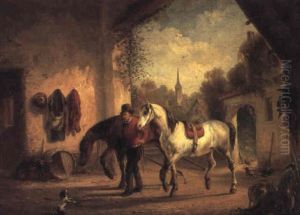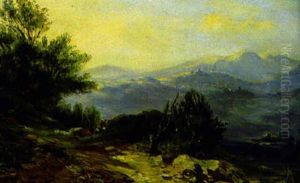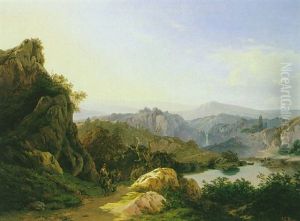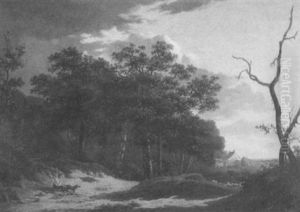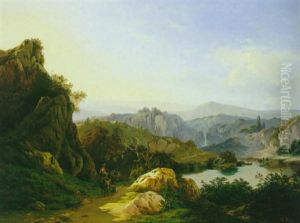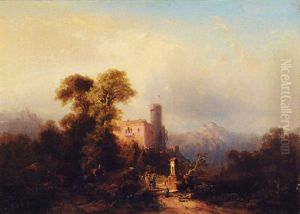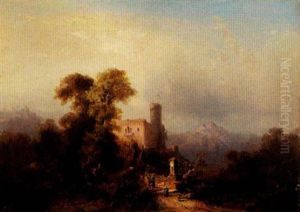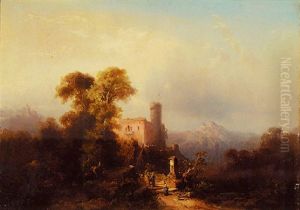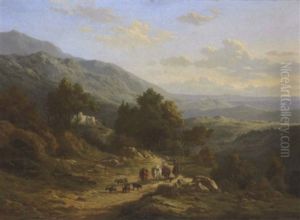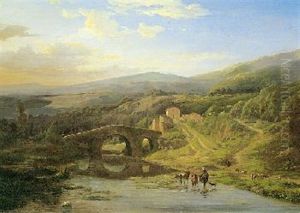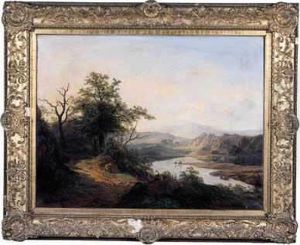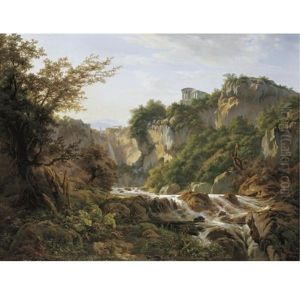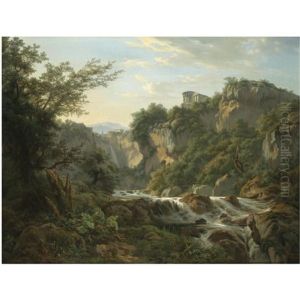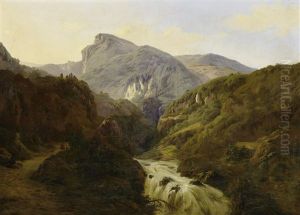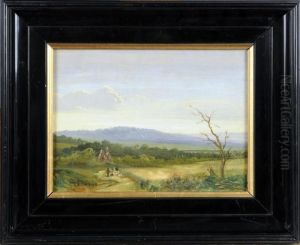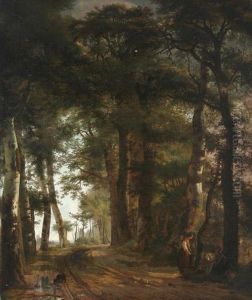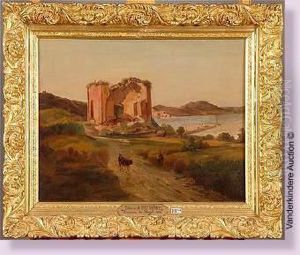Edouard De Vigne Paintings
Edouard De Vigne was a Belgian artist known for his contributions to painting and his role as a professor at the Ghent Academy of Fine Arts. Born on August 26, 1808, in Ghent, Belgium, De Vigne hailed from a family that was deeply connected to the arts; his father was the painter Pierre De Vigne-Quyo.
Edouard De Vigne developed an affinity for the arts early in life, likely influenced by his father's work. He studied at the Academy of Fine Arts in Ghent, where he later became a professor, teaching many students who would go on to become notable artists in their own rights. His style was influenced by the Romantic movement, which was prevalent during his time, and he often focused on historical and biblical subjects, imbuing his works with emotion and dramatic intensity.
De Vigne was an active member of the Royal Society for Encouragement of the Beautiful Arts and contributed to the artistic community in Belgium. He was part of a generation of artists that helped shape Belgian art in the 19th century, navigating between the neoclassical influences and the emerging Romantic sensibilities.
Throughout his career, De Vigne exhibited his work in various salons and exhibitions, gaining recognition for his artistic talent. Despite his success, he remained committed to education, nurturing the next generation of Belgian artists. Edouard De Vigne passed away on July 23, 1869, in Ghent. Although not as well-known today as some of his contemporaries, his contributions to the Belgian art scene during the 19th century remain significant, and his works are still appreciated by art historians and collectors.


